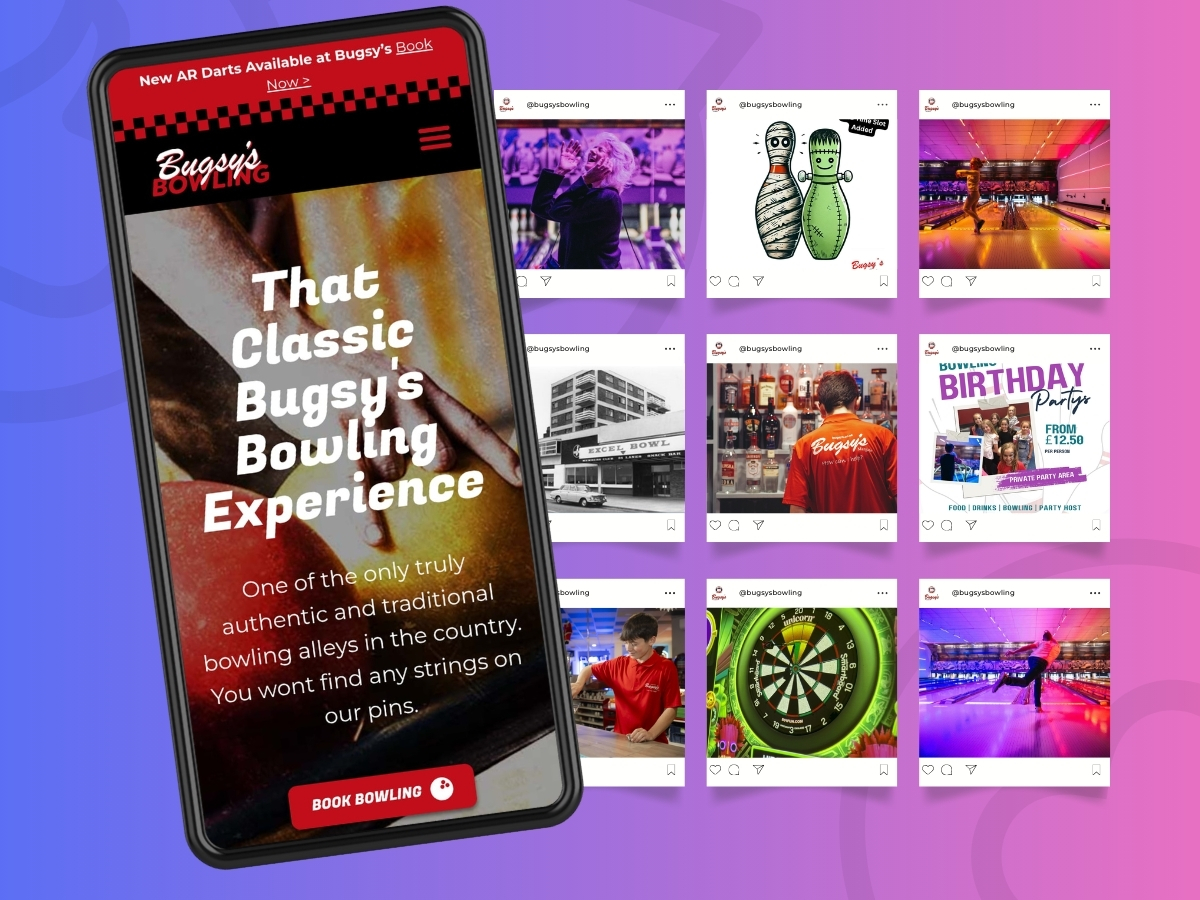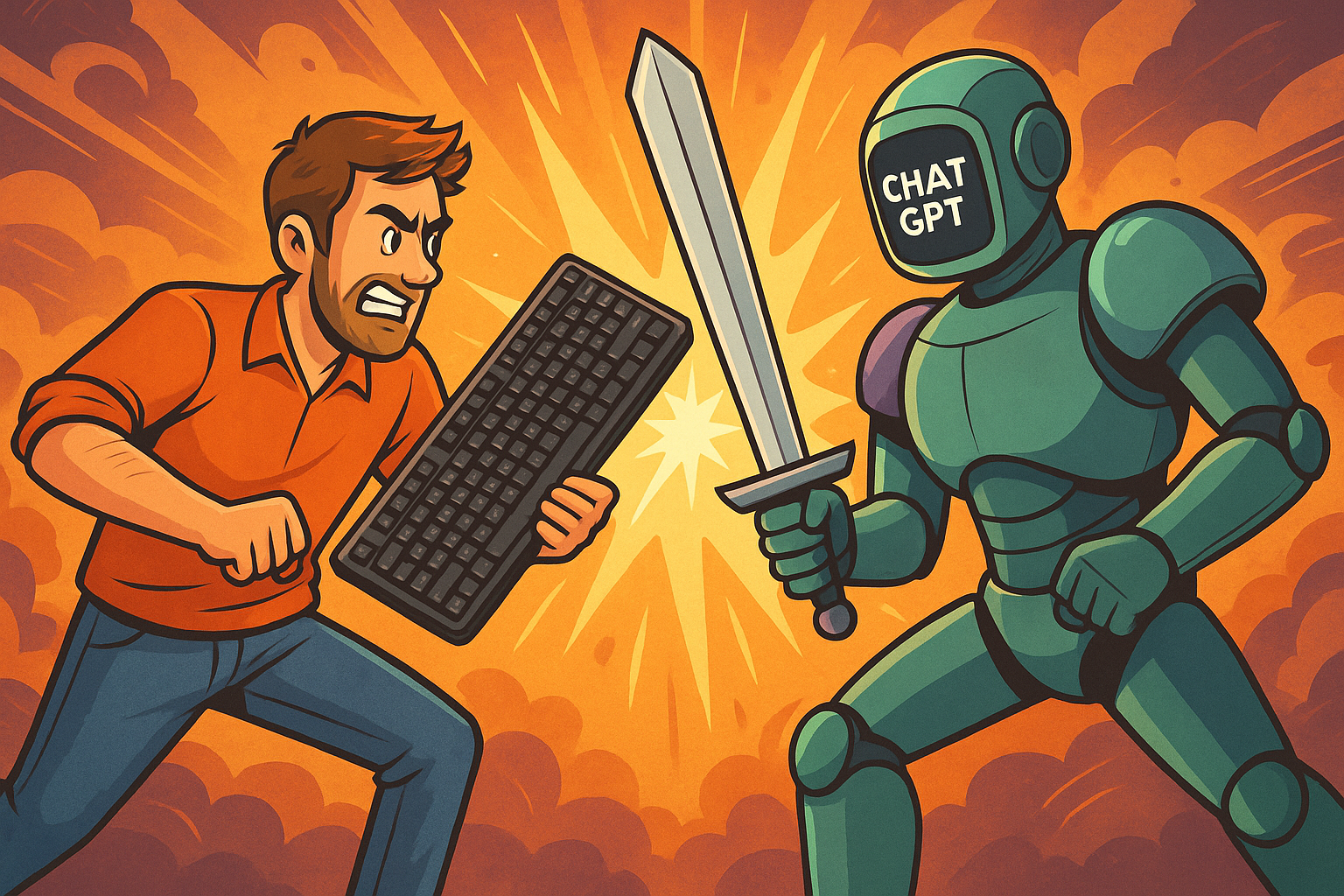

AI has changed the way we write, create, and communicate. Tools like ChatGPT can turn an idea into a full blog in minutes or even seconds, especially if you don’t change a thing.
So, is it really worth trying to compete with these AI-generated blogs, or should we lean into them and let them do the writing for us?
If the blog is well-written, informative, and sounds human, does the source even make a difference? If a post gets attention, performs well, and delivers value to readers, does the author matter at all or are we entering a world where the quality of the content is the only thing that counts?
Heres the two biggest questions I think are worth asking:
Do the readers know? and Does google know and will it punish you for it?
In most cases, probably not, at least not straight away. Unless they filled with the annoying ChatGPT trademark dashes:
Example of annoying Dash: Something something something — something blah blah blah.
But other then that, ChatGPT and other AI tools can now produce text that sounds natural, structured, and even friendly. The grammar is solid, the tone is smooth, and the ideas often make sense.
However, readers who engage deeply with content can often sense when something feels a little ‘off’ a little non human.
It might be too polished, too generic, or lacking the small personal touches.
AI can explain, inform, and summarise but it often struggles to truly connect.
What makes a human-written piece stand out is voice, personality, and lived experience. Those small imperfections or unique turns of phrase are what make writing feel authentic.
So while AI can blend in, readers can still spot when something feels a bit robotic or emotionless.
No, not directly, but there is a catch. Google does not penalise content just because it was written by AI. What it does penalise is low-quality or unhelpful content, and that is where the risk lies.
If AI-generated blogs are rushed, repetitive, or lack real insight, Google’s algorithms will likely push them down the rankings. The focus is on what Google calls E-E-A-T, which stands for:
Experience – showing you have real-world knowledge or have personally done what you are writing about
Expertise – demonstrating that you understand the topic in depth
Authoritativeness – proving your content comes from a credible, trustworthy source
Trustworthiness – ensuring your information is accurate, reliable, and genuine
AI can help create structure and ideas, but it cannot offer genuine experience or expertise on its own.
In short, Google does not care who wrote the content, it cares what is in it. If you use AI smartly, add your own perspective, and make sure your content genuinely helps the reader, you are completely safe.

We will be honest. We use AI tools in our agency. They help us brainstorm, plan, and tidy up content ideas faster. (Hence the slightly ridiculous William Shakespeare robot image in this post.)
But when it comes to writing, that is something we still love doing ourselves. Writing is about connection. It is about creating something that feels personal, that speaks to people, and that shows a little of who you are.
That is what we want for our clients too. To help them connect with their audiences in a way that feels real, human, and meaningful. AI can help, but it cannot replace that spark.
If you found this post interesting, why not check out one of our other blogs, especially since we actually took the time to write them ourselves 😉